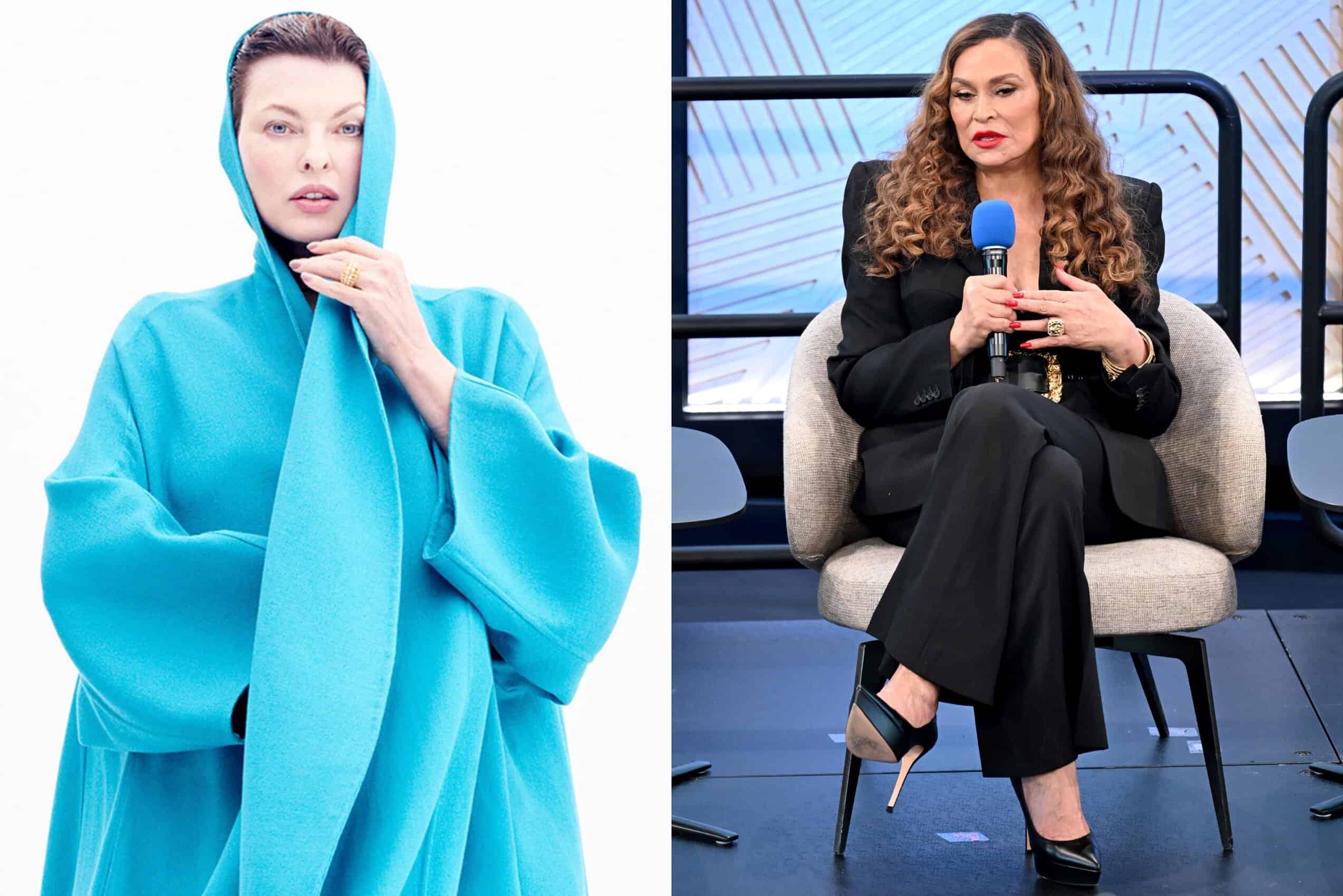The public debate over the 2009 blockbuster film The Blind Side is getting messier.
Based on the 2006 nonfiction book by author Michael Lewis, the feel-good movie told the story of Michael Oher, a teen living an impoverished life in foster care who was taken in by Tennessee couple Sean and Leigh Anne Tuohy. The couple encouraged Oher to excel on the football field, with Oher ultimately going on to play for the NFL. But Oher claims he was never actually adopted by the Tuohys, and the controversy over the truth behind the film has turned into a war of words being told in lawsuits and public statements.
What led to the current debate between Oher and the Tuohy family?
Earlier this month, Oher filed a lawsuit claiming he was never actually adopted by the Tuohys. Instead, he says he was placed in a conservatorship, and that the family was allowed to garner significant financial profits from the film without his consent. Since then, everyone from the studio that produced the film to Oher’s brother have weighed in.
Sean and Leigh Anne Tuohy, who were portrayed by Tim McGraw and Sandra Bullock in the Oscar-winning film, previously told The Hollywood Reporter they gave Oher an “an equal cut of every penny” received from the film, and went on to say they are victims of a $15 million “shakedown” orchestrated by him. The “devastated” couple claimed the conservatorship was created to help, not hinder, Oher. The Tuohys’ attorney, Marty Singer, went on to say that Oher had “threatened” the couple by claiming that “he would plant a negative story about them in the press unless they paid him $15 million.”
“The Tuohys opened their home to Mr. Oher, offered him structure, support and, most of all, unconditional love. They have consistently treated him like a son and one of their three children. His response was to threaten them, including saying that he would plant a negative story about them in the press unless they paid him $15 million,” Singer wrote, as Variety reported.
What everybody is saying
Several other people connected to Oher and the Tuohy family have begun to speak out about the situation.
After staying quiet since the initial news of Oher’s lawsuit against the Tuohys broke, the company that produced the hit 2009 film officially weighed in on the controversy. In a statement released to The Hollywood Reporter, Broderick Johnson and Andrew Kosove, co-heads of Alcon Entertainment, defended both the deal behind the film and the Tuohy family, calling the claims by Oher “mischaracterizations and uninformed opinions.”
“The deal that was made by Fox for the Tuohys’ and Michael Oher’s life rights was consistent with the marketplace at that time for the rights of relatively unknown individuals,” the Alcon team wrote. “Therefore, it did not include significant payouts in the event of the film’s success.”
They also shared the specific financial details behind the deal.
“As a result, the notion that the Tuohys were paid millions of dollars by Alcon to the detriment of Michael Oher is false. In fact, Alcon has paid approximately $767,000 to the talent agency that represents the Tuohy family and Michael Oher (who, presumably, took commission before passing it through).”
Oher’s biological brother John Oher also weighed in on the controversy, claiming that the issues surrounding the factual inaccuracies of the film don’t bother the Oher family.
“We’re all happy,” John told People. “We don’t care how that movie was made because we know the truth. At least, I know the truth. Everybody knows the truth. So we don’t care about that movie.”
Still, John claims the film adaptation took certain liberties with the truth, omitting key details.
What’s next
The next steps in the case will be played out in court. The Tuohys have said they will comply with the request to release Oher from a conservatorship, as he requested. But the financial outcome will likely be a bit more complicated.
Ronald Nevin, an attorney who is familiar with conservatorship law but is not assigned to the Oher case, told People that the next step will have the Tuohys explain two things: whether they’ve received money on Oher’s behalf, and whether they adequately distributed it to him. As for Oher, the former NFL player will need to provide documentation from a physician that demonstrates he can manage his finances and medical decisions on his own.
You can view the original article HERE.

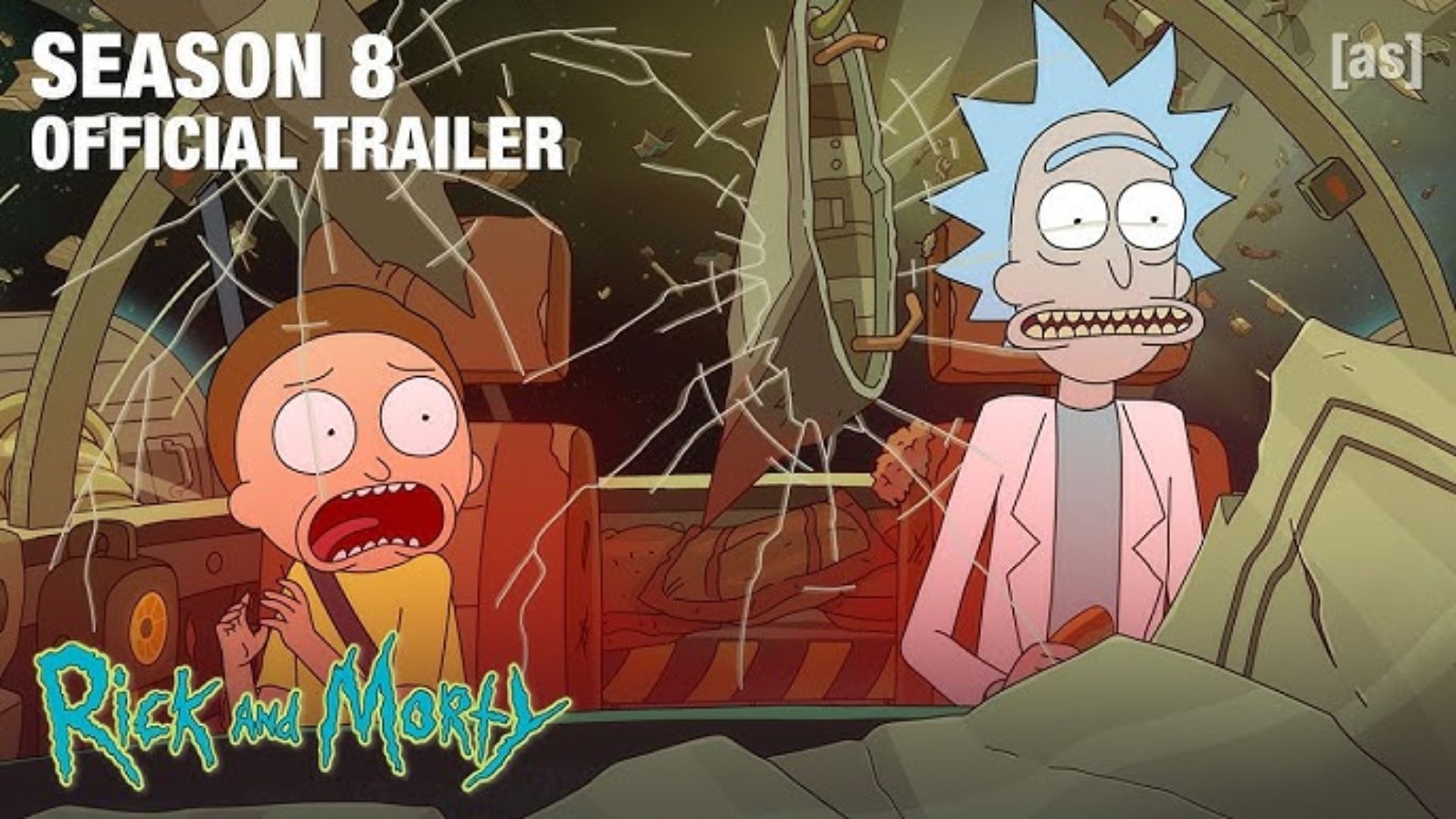



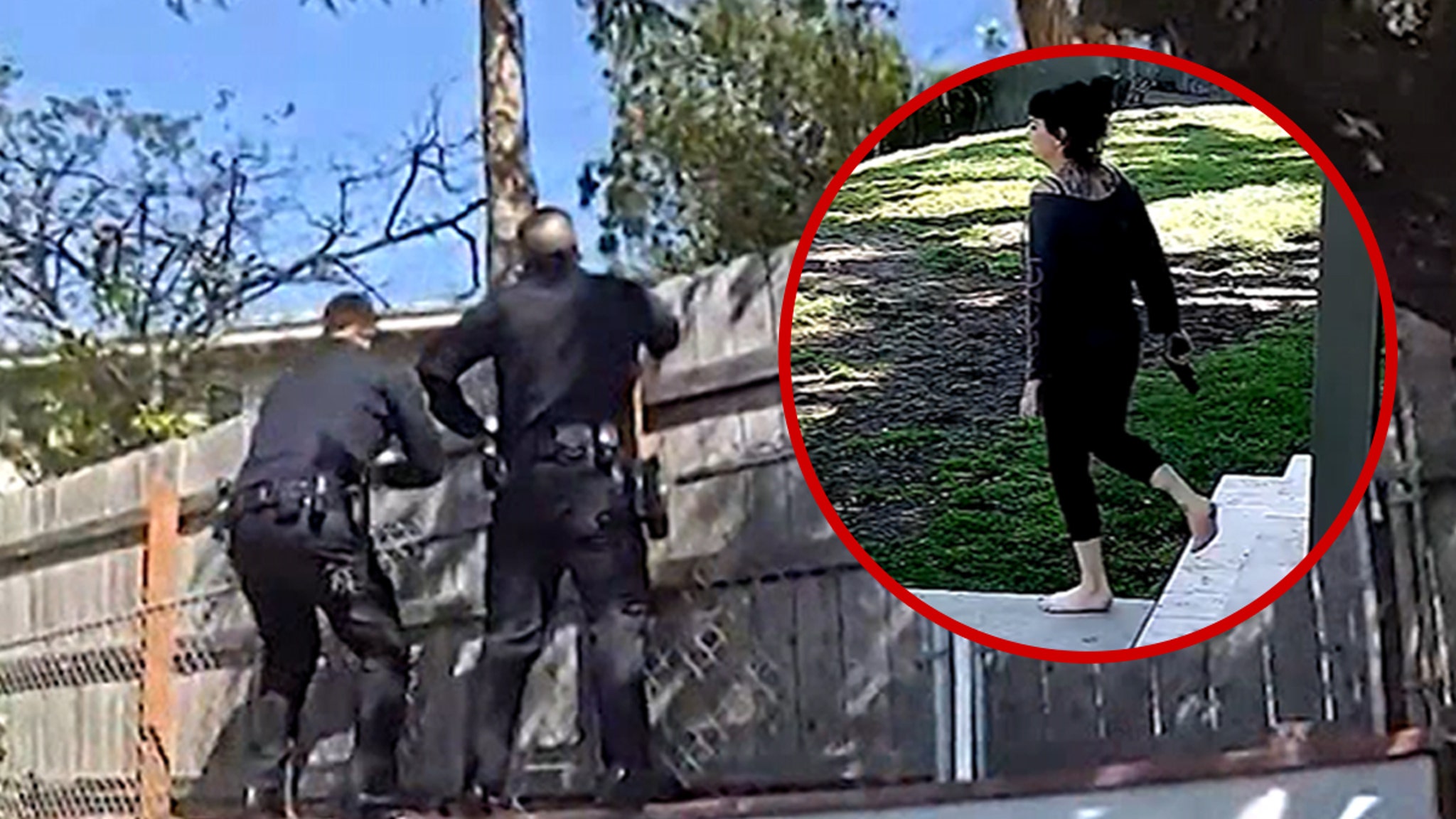




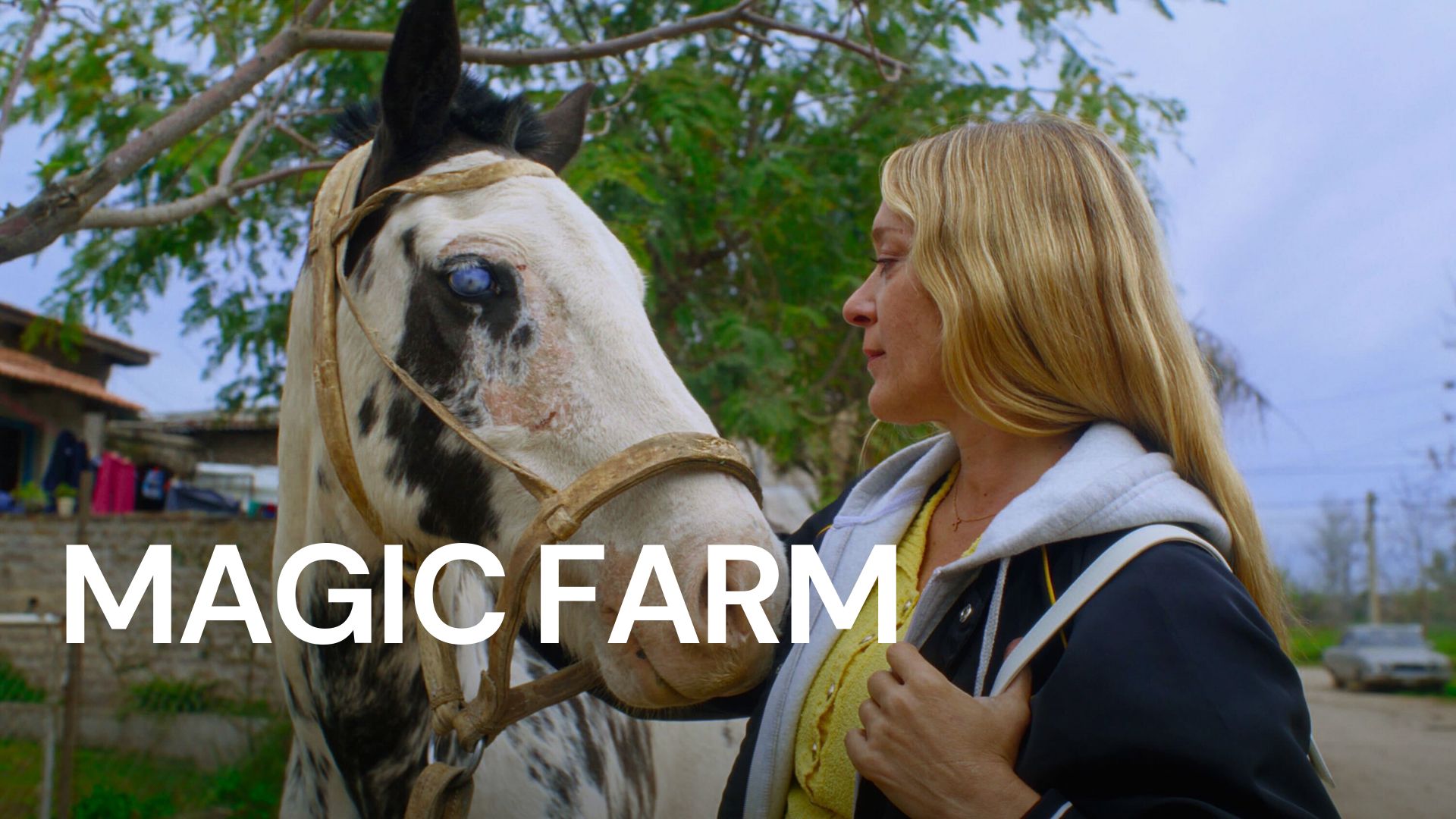


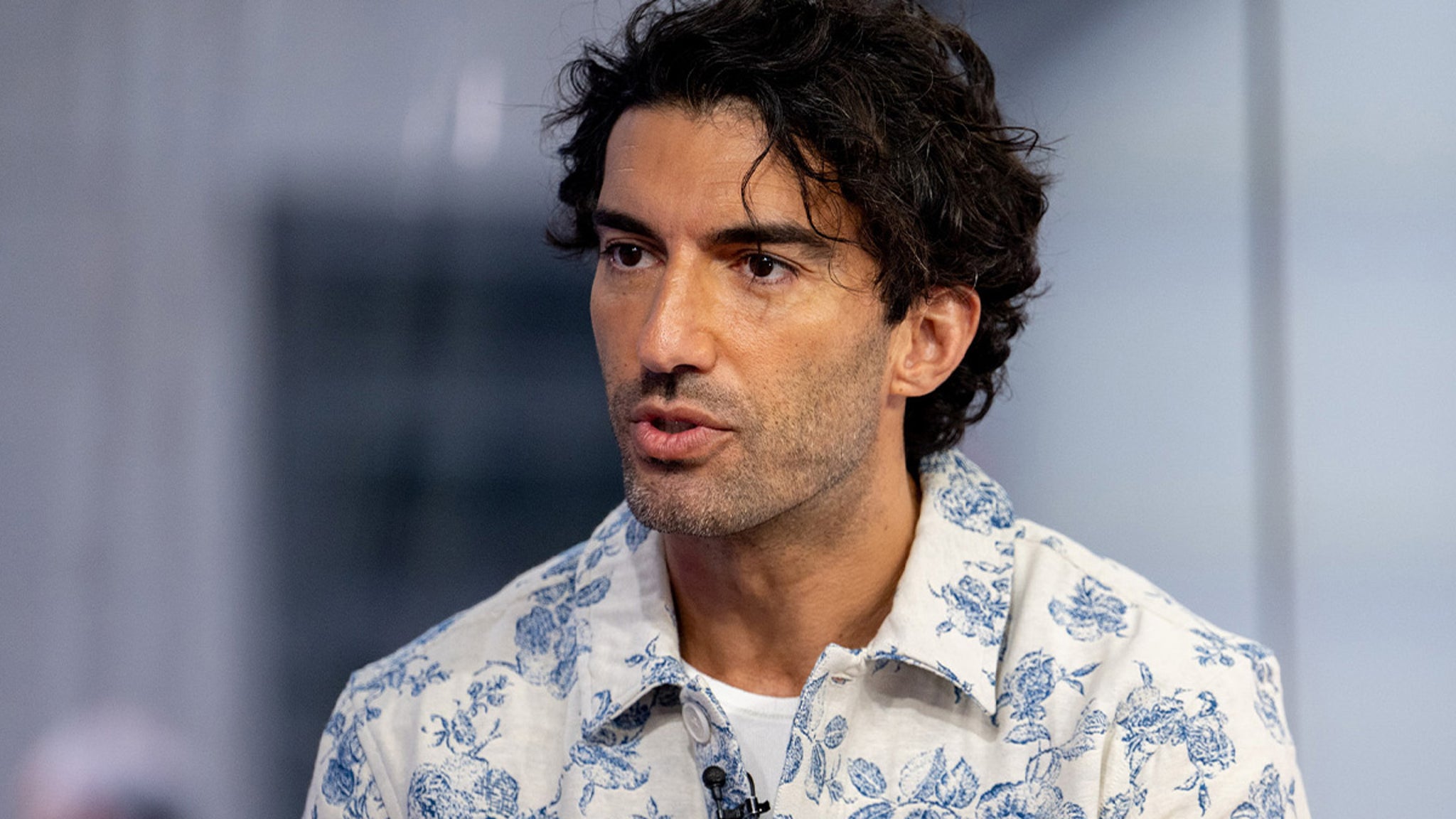


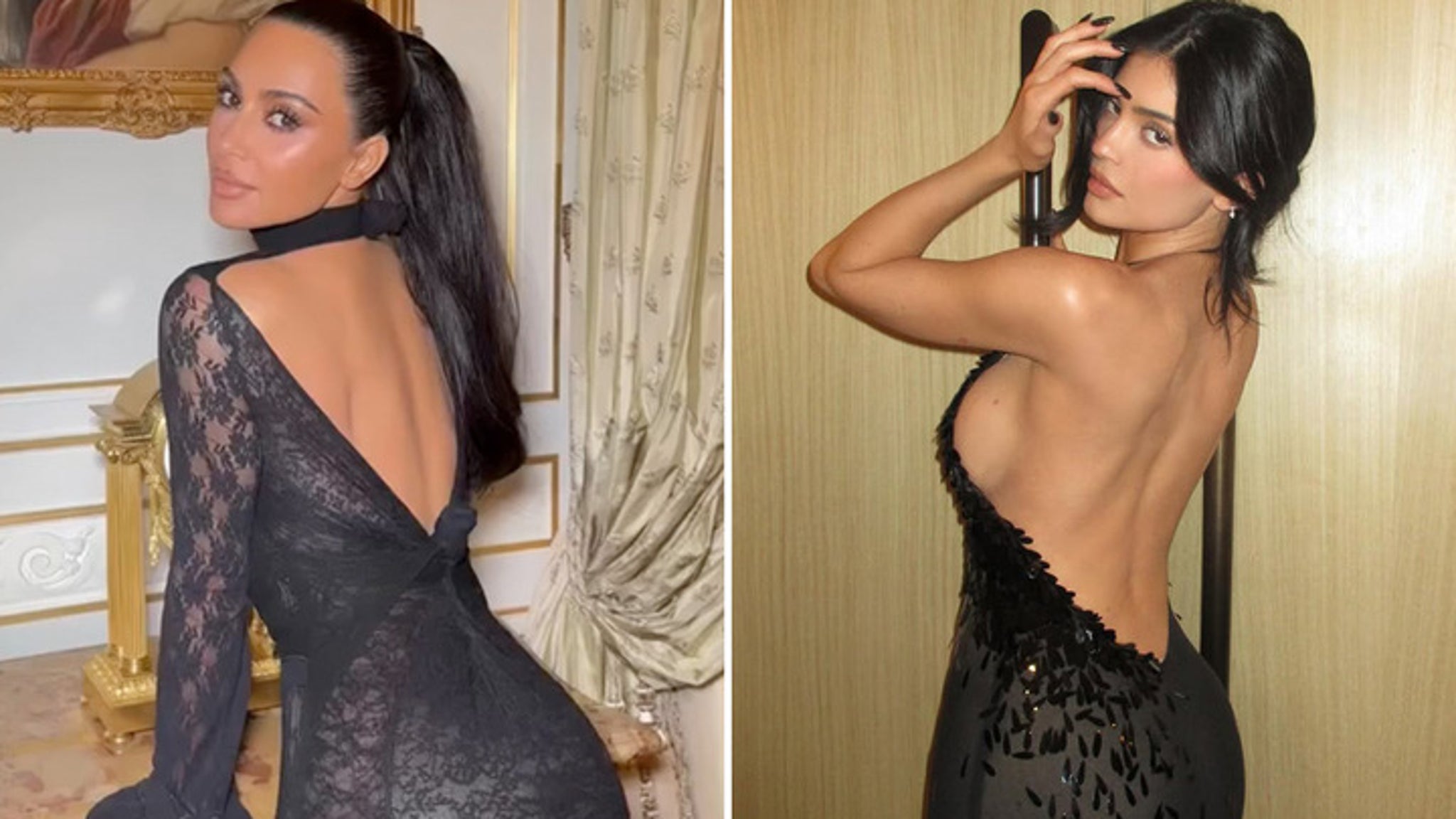
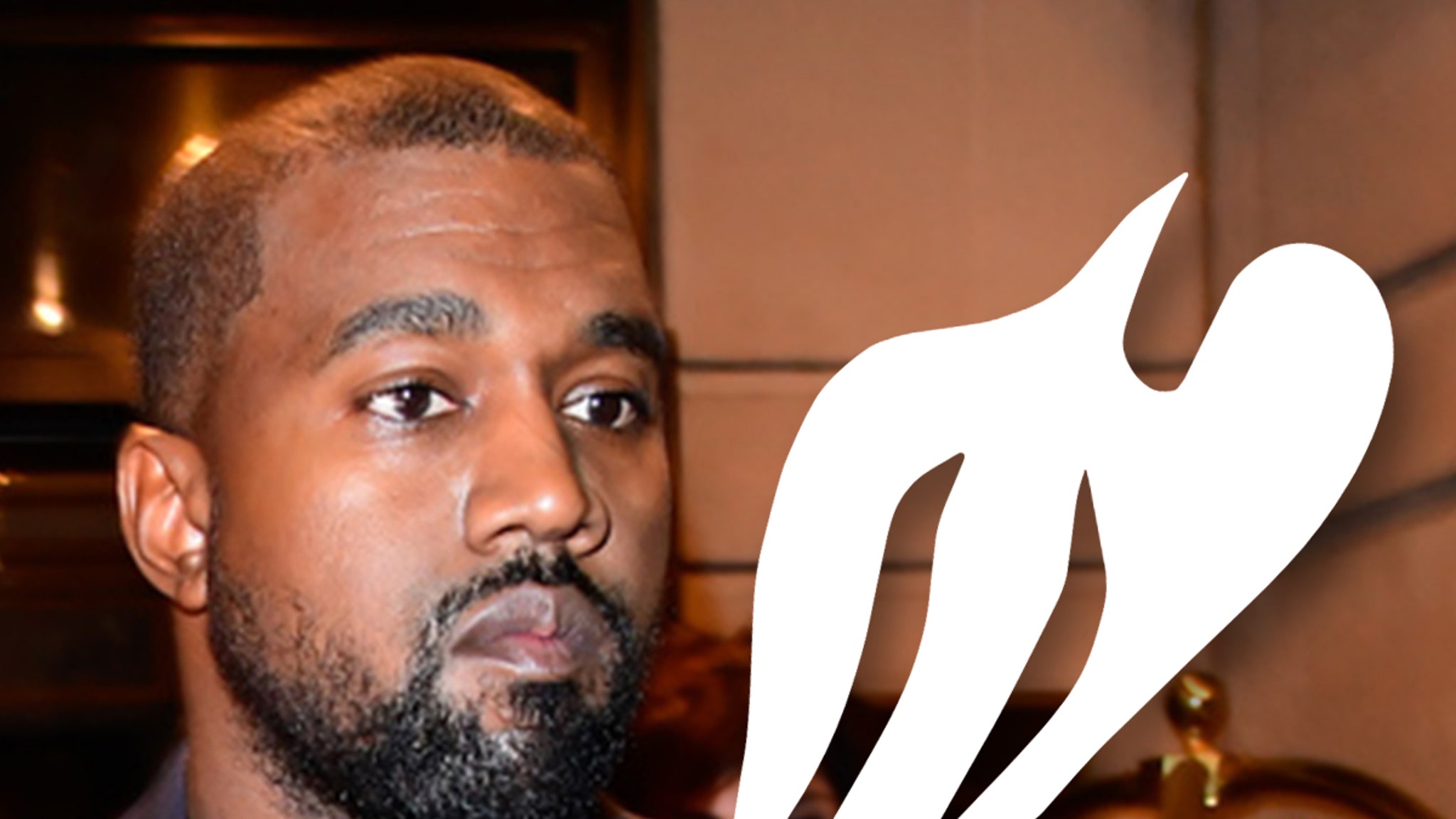
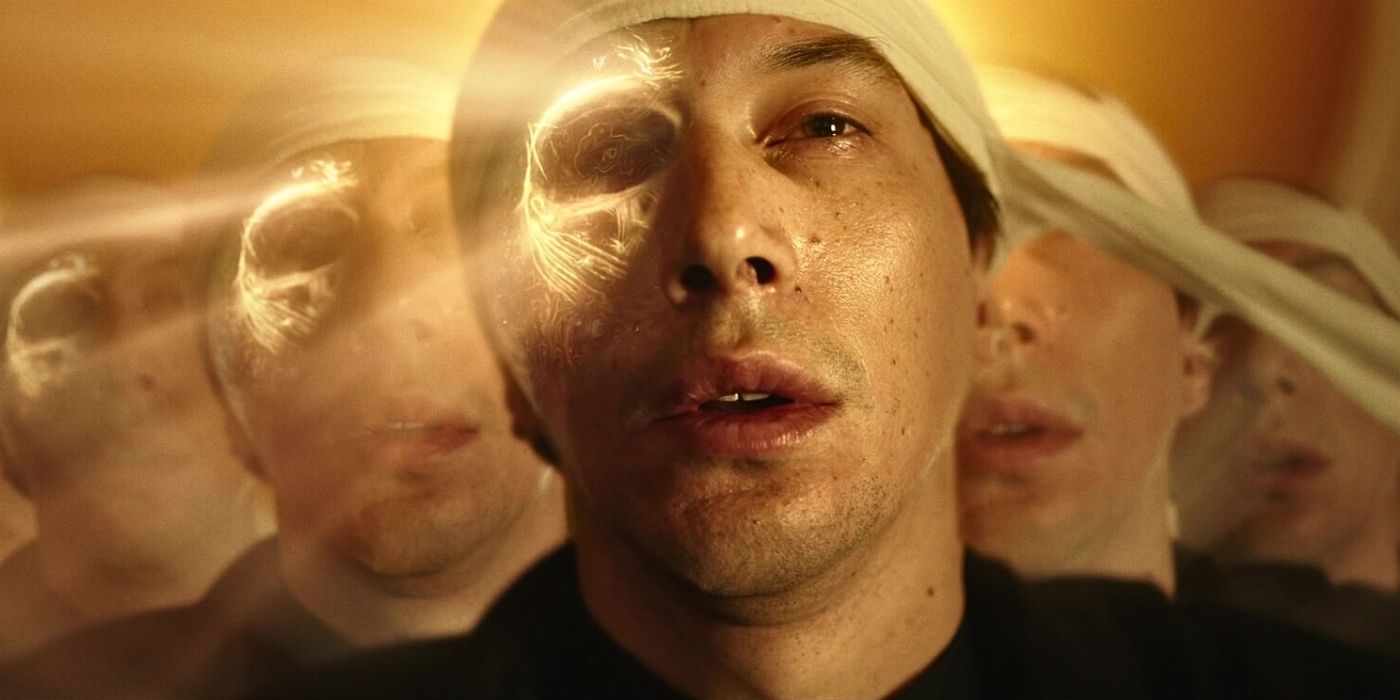



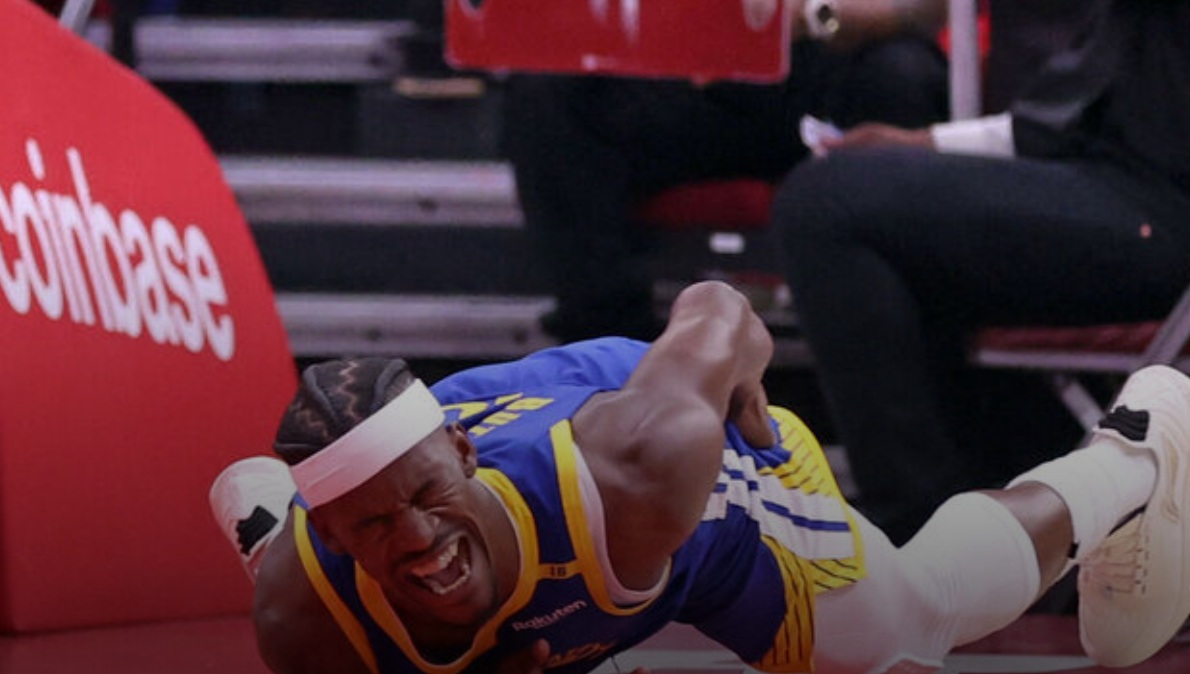


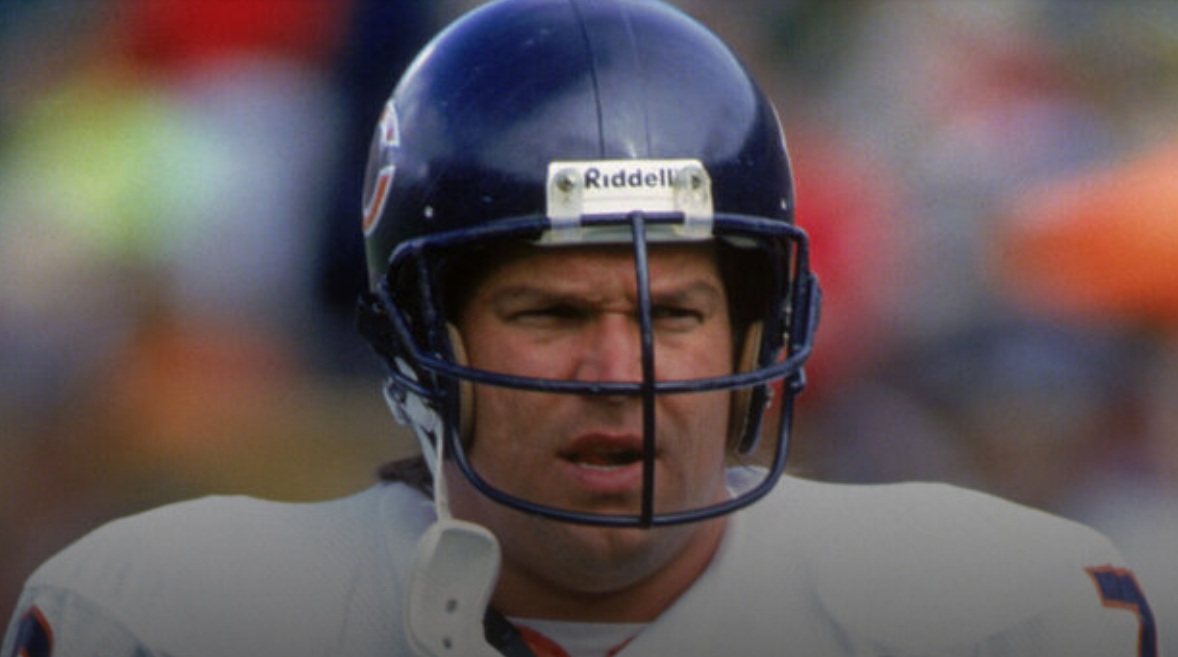

:quality(85):upscale()/2022/01/31/928/n/1922564/d3ab283161f851c4033582.14757686_.jpg)

